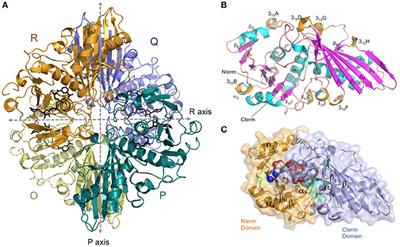REVIEW
Published on 01 Sep 2017
Trypanosoma cruzi Evades the Complement System as an Efficient Strategy to Survive in the Mammalian Host: The Specific Roles of Host/Parasite Molecules and Trypanosoma cruzi Calreticulin

doi 10.3389/fmicb.2017.01667
- 7,318 views
- 41 citations











